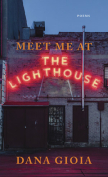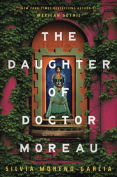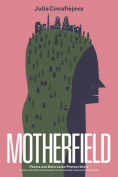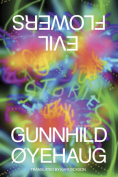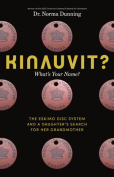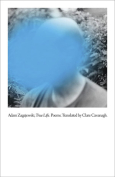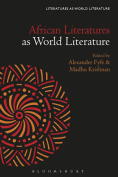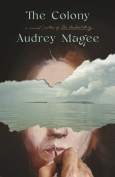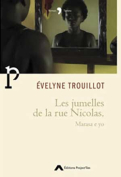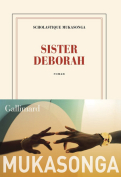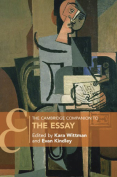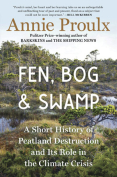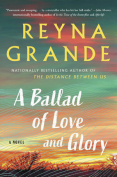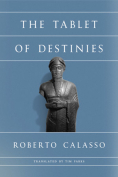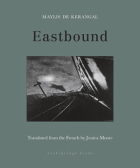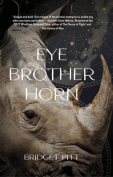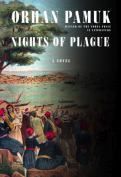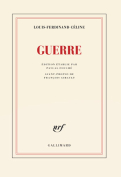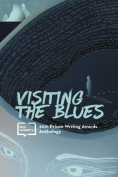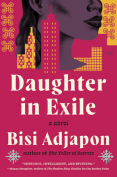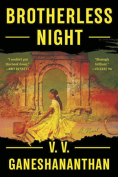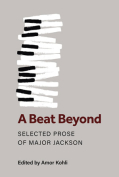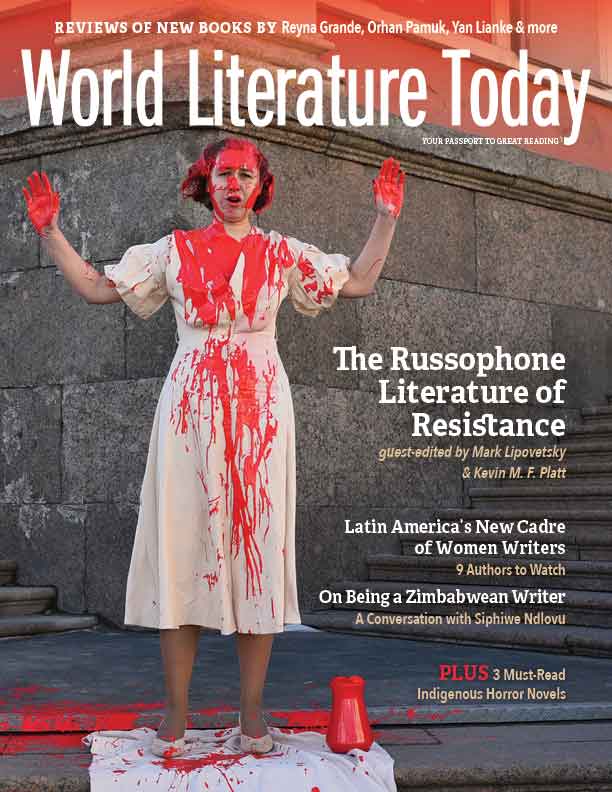Guerre & Londres by Louis-Ferdinand Céline
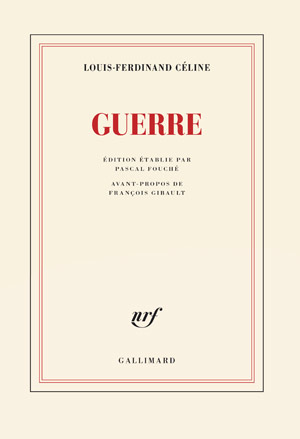 Paris. Gallimard. 2022. 192 pages.
Paris. Gallimard. 2022. 192 pages.
Paris. Gallimard. 2022. 576 pages.
WHEN A FIRST novel by an unknown Louis-Ferdinand Céline appeared in French bookstores in 1932, it swiftly sold an unheard-of fifty thousand copies. Voyage to the End of Night, a bitter reckoning with the First World War and the capitalist free-for-all that followed, narrowly lost the Goncourt Prize due to language deemed crude and objectionable, and cynical descriptions of brutal warfare and brutal sex. But Céline’s barrier-breaking style (brief sentences in street lingo, yet grammatically deft) would soon liberate a generation of writers in France and beyond, including Hemingway and Henry Miller. Now considered to be one of the great works of European literature, Voyage figures on the Guardian’s list of “100 Greatest Novels of All Time.” Yet, after informally asking around, I find that few American lit majors today have ever heard of Céline, who went on to write ten or so more novels.
In 2019 the sensational unveiling of a secret trove of two thousand unpublished pages brought Céline back into the spotlight, boosted by recent articles in the New Yorker and the New York Review of Books. The light’s not always flattering. Many readers and critics reject the man and thus his work. Céline is now known to have penned, in the late 1930s, three anti-Semitic pamphlets, so grotesque that some at the time took them for satire. Fearing arrest as the Allies drew close, he fled Paris in panic and disgrace, sans his drafts but with his wife and their cat under his arm. He’s seen as a weirdly gifted pariah: even, in Adam Gopnik’s words, “an evil genius.” (Gopnik simultaneously advises readers “to admire” Céline.) Most of the current commentary skims lightly over the two novels extracted to date from the trove, Guerre and Londres, before diving into the familiar debate about Morality of the Artist versus Value of the Art. Can there be gradations or mitigating circumstances? Or must an unyielding line be drawn? (My own thoughts can be found in an essay written for Agni shortly after Peter Handke won his Nobel.)
 What about the two unearthed novels? Edited by Gallimard from pages smeared with corrections and illegible words, they are nowhere near final form, and so thick with argot as to require a dictionary appendix. Otherwise, they are a study in contrast. Laurel and Hardy, if you will. To the book world’s surprise, Guerre, at barely 150 pages, shot to the top of the best-seller lists for weeks last spring and is still going strong. Londres, a dense six hundred or so pages, came out in October to similar buyer enthusiasm, despite reviewers’ caveats. Apparently, the French, at least, still have an appetite for Céline, who is regularly set on a level with Proust, and whom Philip Roth termed “a very great writer.”
What about the two unearthed novels? Edited by Gallimard from pages smeared with corrections and illegible words, they are nowhere near final form, and so thick with argot as to require a dictionary appendix. Otherwise, they are a study in contrast. Laurel and Hardy, if you will. To the book world’s surprise, Guerre, at barely 150 pages, shot to the top of the best-seller lists for weeks last spring and is still going strong. Londres, a dense six hundred or so pages, came out in October to similar buyer enthusiasm, despite reviewers’ caveats. Apparently, the French, at least, still have an appetite for Céline, who is regularly set on a level with Proust, and whom Philip Roth termed “a very great writer.”
Guerre is breathtaking. Its immediacy, its ostinato of physical pain, its lewd and desperate milieu of wounded soldiers in a field hospital behind the front lines, will either repel or draw you in with its sardonic wit and glints of tenderness and trapdoor twists of narrative. Like Londres, it is narrated by Ferdinand, a fictional alter ego, both salty and shy, whose story is informed by Céline’s own devastating experiences during the war. Its opening lines set the tone for all that follows: “I must have stayed there for another part of the following night. All my left ear glued by blood to the ground, my mouth as well. Between the two there was an immense noise.” Around him lay dead comrades, already being pillaged by rats. It rains.
Against the odds, Ferdinand makes it to his feet, is discovered by a friendly British soldier, tries in his brain fog and the barrage of explosions in his ears to escape back to his own missing unit. But the Brit prevails, and Ferdinand finds himself eventually in hospital, in the hands of a nurse whose ministrations include masturbating the incoming wounded to orgasm, even or especially those on the verge of death. L’Espinasse, as she is called, and Angèle, the irresistible prostitute wife of F’s pal Cascade, are memorable female characters, and although Céline is often accused of misogyny, they are alive and unpredictable, no worse sinners and betrayers than the men, and smarter.
Guerre zigzags with deceptive ease between darkly comic scenes (in the local pub, L’Hyperbole) and ominous events that close eventually like a noose for traitors around F and his pal. Throughout, F suffers from a broken arm and the wounded ear he and L’Espinasse fight to defend from the eager knife of an incompetent doctor, always with a racket in his head as loud as the shelling from the nearby front, not to mention permanent insomnia. “I’ve trapped the war in my head,” he concludes. Guerre is an angry tribute to the life force, bearing in mind that once deflowered by war, life is cheap and painful. For a bit of money, sex, or a meal, there’s nothing humans won’t do, won’t suffer through. Ferdinand nails the hypocrisy of the brass and the bourgeoisie, making the reader his accomplice in grifts, betrayals, fear, outrage—rendering all the more poignant a few flashes of recovered innocence. When he and his pal manage to limp to a spot outside town overlooking green fields and grazing beasts, “The wind pushed gusts through the poplars like little laughs.”
Londres is the slower fat man of the pair of books, weighing in at six hundred pages. The sentences are longer. Without missing a beat, Céline picks up from Guerre chronicling Ferdinand’s new life in London in 1916 as he prowls the streets with a grungy, colorful band of French pimps all terrified of being sent back to the front. Anecdotal, deadpan to the violence it describes—fights, betrayals, brutal “training” of the prostitutes—Londres is a picaresque guided tour through a very specific London: part Dickensian anecdote, part Joycean pub-centered step-by-step portrayal of a city. Crucially, though, Londres lacks the urgency of Guerre. This Ferdinand is a different narrator, disembodied, an observer rather than a sensual survivor. By the way, one of the book’s few sympathetic characters is a Jewish doctor who shelters Ferdinand and inspires him to study medicine—again a chapter from Céline’s own life. This portrait and compassionate descriptions of Jewish slums make one wonder how Londres’s author turned into the paranoid anti-Semite of 1937.
There’s no room here to explore this or other debates raging in France. For example, who hid these pages for so long? Should they have been more carefully edited before being published as novels ostensibly on a par with Céline’s other works when they are clearly early drafts? Is doing so fair to the writer, or to readers? But voilà! There’s no going back. (Note: Translations above are by the reviewer.)
Kai Maristed
Paris
